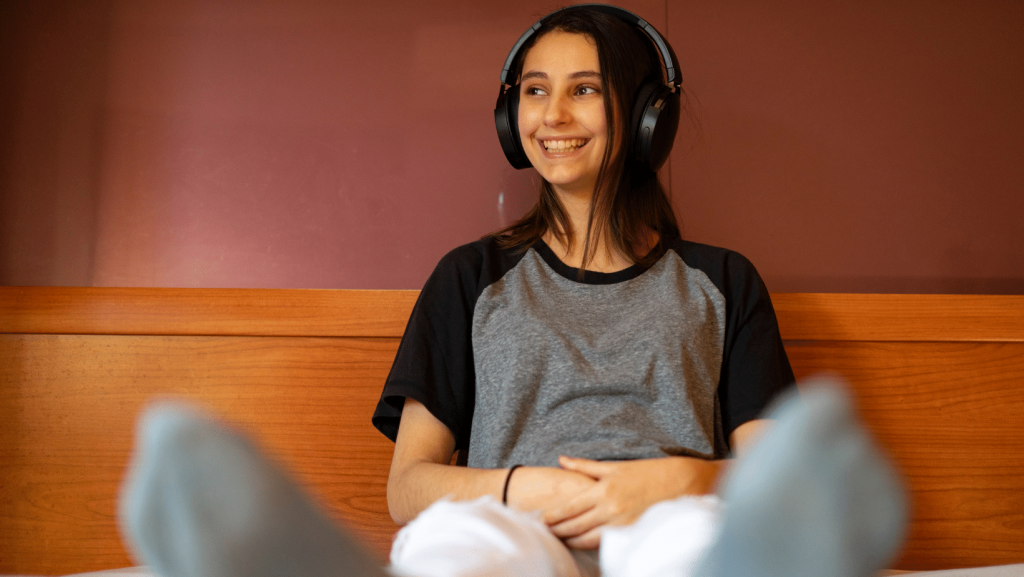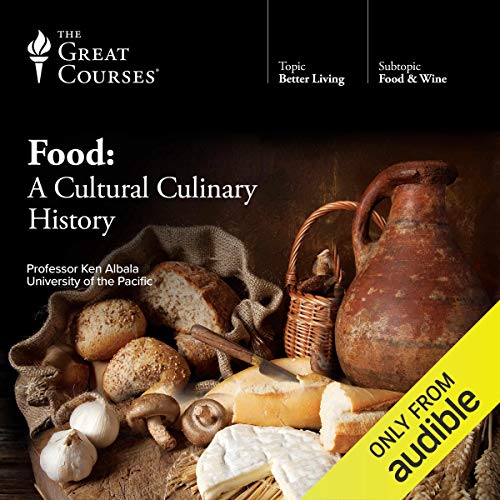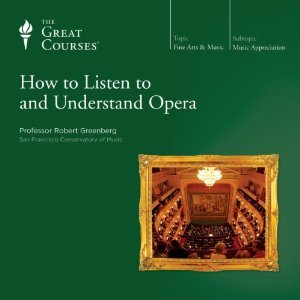
Have you ever thought, “I really wish I understood why some people like opera” or looked down at your dinner plate and said, “whose idea was it to put flour and water together to create bread”? When you find yourself with this kind of burning curiosity, The Great Courses are a fantastic resource for immersing yourself in a new topic and expanding your perspective.
The Great Courses is essentially a huge lecture series covering a whole range of topics from American politics to Shakespeare to artificial intelligence. Each course is made up of several college-level lectures and, often, an accompanying digital textbook in PDF format. When you add one of these courses to your library you really do treat yourself to your own personal classroom, creating an opportunity to learn something new simply because you can.
These courses are a fantastic option for anyone curious about a new topic since you can casually listen to a lecture during your commute and take in the bits and pieces that you find interesting. And if you’re really keen to know more and build on your skills or expertise, you can open the PDF to read more, taking advantage of any additional readings or sources noted.
Recently I picked up two courses –
- Food: A Cultural Culinary History on Audible; and
- How to Listen to and Understand Opera on the Libby app through my local library.
Both courses were a really interesting look at their respective subjects. Working my way through Food: A Cultural Culinary History on Audible I learned about concepts like Kashrut (Jewish dietary laws) and how Brahman affected the evolution of Indian cuisine, all while making my morning coffee. As I waited for my work computer to load, I would open the included PDF file on Audible which reviewed what I had learned earlier that morning which helped make the new information really sink in.

Next, I checked out How to Listen to and Understand Opera on the Libby app to see how the experience compares to Audible. In much the same way as I learned about culinary history, I learned about the plot of Euridice and Turandot in plain English, which was great fun – who knew operas had reality TV-level drama? However, this time when I went to review the text file there was none (I did check other platforms, there should be one). This wasn’t a big problem for me since I was only casually interested in expanding my music appreciation but could be very frustrating if you’re really hungry to get the most from the course.

Ultimately, The Great Courses will not replace your degree in neurolinguistics or world history; you don’t come away with a certificate or a qualification. However, they are a great resource if you are interested in a non-formal opportunity to learn more about a topic and don’t want the stress of a class schedule or homework. Moving through a course at your own pace and engaging with it however much or little you want, the courses are a fantastic way of accessing low-stakes learning and promoting learning for the sake of it.
If you’d like to explore The Great Courses a good place to start is Audible. The Audible Plus catalog includes hundreds of titles, including many exclusives. Click here to see the catalog of The Great Courses audiobooks on Audible.com.
Have you tried The Great Courses? Let us know your experiences in the comments section below.
